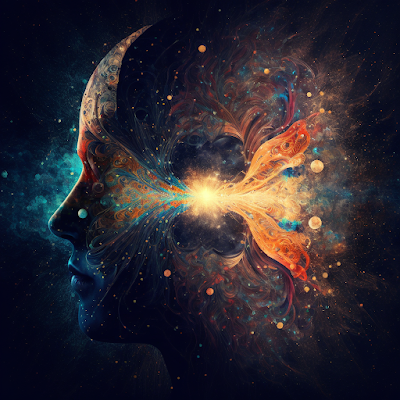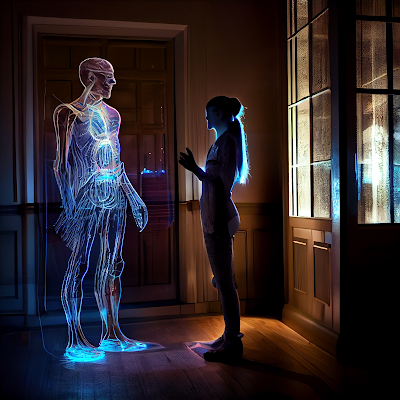The Meaning of Life: What is the Goal of Humanity?
Introduction
The goal of
humanity has been a subject of debate among philosophers, scientists, and
theologians for centuries. Some argue that the ultimate goal of humanity is to
achieve happiness and fulfillment, while others believe that it is to serve a
higher purpose or to achieve a state of enlightenment. This article aims to
explore different perspectives on the goal of humanity and how it can address
the critical challenges it faces today.
Achieving Balance and Harmony with
the Natural World
The concept
of achieving balance and harmony with the natural world can be traced back to
ancient philosophers such as Confucius and Lao Tzu. According to this
perspective, the ultimate goal of human life is to live in harmony with nature
and to cultivate inner peace. This perspective is also shared by modern
environmentalists who argue that humanity has a moral obligation to protect the
planet and preserve the natural world for future generations.
Attaining Enlightenment and Spiritual
Transcendence
Religious
and spiritual traditions such as Buddhism, Hinduism, and Christianity place a
strong emphasis on the importance of spiritual development and the attainment
of a higher state of consciousness. According to this perspective, the ultimate
goal of humanity is to achieve a state of enlightenment or spiritual
transcendence.
Improving the Human Condition through
Science and Technology
Many
scientists and inventors have dedicated their lives to developing new
technologies and medical treatments that have improved the lives of millions of
people around the world. According to this perspective, the ultimate goal of
humanity is to improve the human condition through the use of science and
technology.
Addressing Critical Challenges Facing
Humanity Today
Humanity is
currently facing several critical challenges such as poverty, inequality,
climate change, and political instability that threaten our well-being and
survival. A major goal for humanity should be to find ways to address and solve
these challenges in a sustainable way, for the benefit of all.
Using Advanced Technologies in an
Ethical and Responsible Manner
With the
advent of advanced technologies such as artificial intelligence, biotechnology,
and nanotechnology, humanity will be faced with new ethical and moral questions
that will need to be addressed. It is important to ensure that these
technologies are used for the benefit of all and not to create greater
inequality or to perpetuate existing systems of oppression.
Exploring the Universe and Our Place
in the Cosmos
Humanity has
always been fascinated by the mysteries of the universe. The discovery of new
worlds and the possibility of extraterrestrial life would be a transformative
experience that would deepen our understanding of ourselves and the world
around us.
Conclusion
The goal of
humanity is a complex and multi-faceted topic that has been debated for
centuries. While different perspectives may argue for different ultimate goals,
it is clear that humanity must address the critical challenges it faces today,
and that it must use advanced technologies in an ethical and responsible
manner. Ultimately, it is up to each individual to determine their own
understanding of the goal of humanity, but it is clear that it is an important
question that requires our attention and action.













Comments
Post a Comment